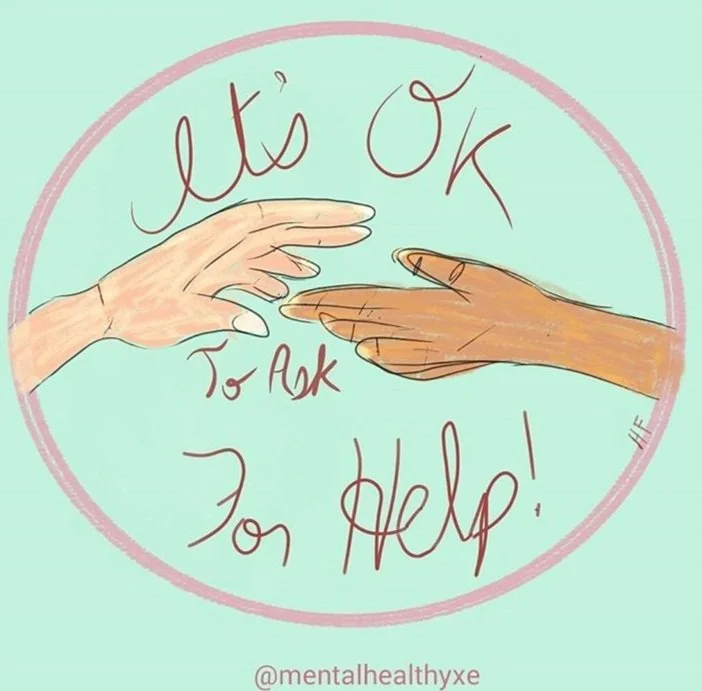Crisis Guideline.
“A loved one is in a crisis, what can I do?”
Please note this is a guideline only and should not be considered advice. This guideline presents the info & options, that I am aware of. Each individual & situation is unique. Seek professional advice or support as needed.
Is this indeed a crisis?
While it may seem like it should be easy to know if something is a crisis, that is not always the case. Legally and medically speaking the bar is quite high as to if something is considered a crisis.
In general, a situation may be considered a mental health crisis if there is:
An imminent risk of death or significant injury to the individual in question or to others.
A serious decline in functioning (unable to eat, sleep, and proper hygiene - when this was previously okay).
Overtly out of character or dangerous behaviour that is likely to have serious detrimental impacts when the individual is unable to take responsibility or recognize risks.
An individual who has gone missing, particularly if they are deemed vulnerable ( such as being a youth, having a medical condition or disability, elderly, and so on.)
Substance-induced psychosis or medically serious withdrawals, particularly if this is out of character or deemed life-threatening.
A situation may be considered “more of a crisis” depending on the specific vulnerability of the individual and their past history which can include previous crises.
As a rule, a situation will likely not be considered a crisis if:
There is no imminent risk of death, injury, or serious harm.
You think someone “ought to” try therapy or medication. (Based on your personal preference).
There is a disagreement over life choices particularly when the risks are reasonably understood. This may include things like quitting a job/school, not paying rent or becoming houseless, financial choices, rejecting medical advice, ending relationships/marriage, etc. It’s important to recall people have autonomy over their lives as defined by human rights, which includes those with disabilities.
An individual is “only” exhibiting eccentric, disagreeable, or odd behaviour.
An individual legally removes or denies you access to their private medical information
If this is indeed a crisis your options generally include:
Contacting the police via 911. Inform them of what is occurring and that you believe this to be a mental health emergency. You can request the PACT team which is a police and crisis team which includes social workers. Additionally, you can call Mobile Crisis for guidance.
If it is safe for you to do so you can bring an individual to the ER. In Saskatoon, the best hospital to go to is Royal University Hospital (RUH) as this is the hospital with on-call psychiatry that is connected to the mental health ward. (If you cannot get to RUH the other hospitals are okay to attend, but you could be transferred).
You may stand before a judge and request a mental health warrant. In Saskatoon you will attend Court of Queen’s Bench to do this, visit their website for contact information. Additionally, you can contact the police or mobile crisis for more information on how to do this.
Here you will find a guide to the Mental Health Services Act and various forms.
Another tip is that in certain circumstances, where a crime has been committed and the individual is deemed not legally responsible attending the mental health court may be a good option.
See my resource list for contacts regarding emergency housing, financial support, and other useful hotlines.
